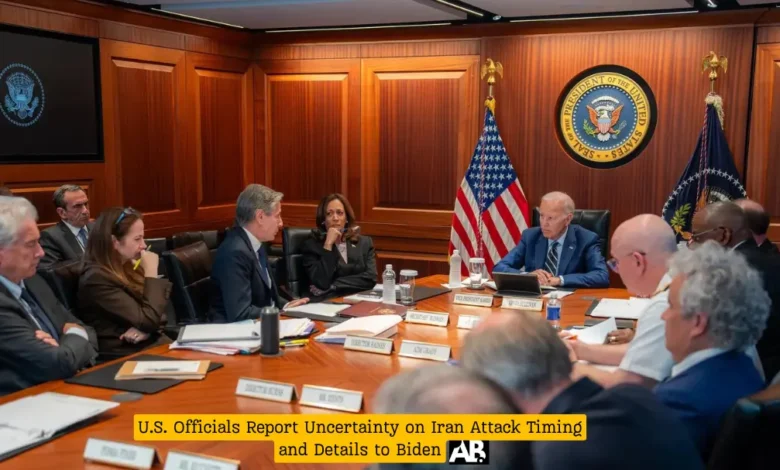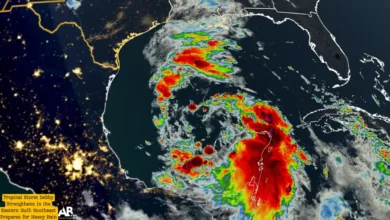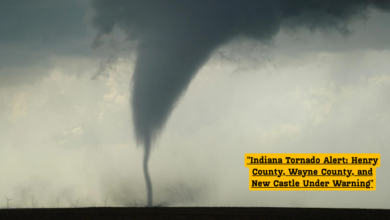U.S. Officials Report Uncertainty on Iran Attack Timing and Details to Biden
In a recent briefing, U.S. officials reported to President Joe Biden that there is significant uncertainty regarding the timing and specifics of a potential Iranian attack on Israel. The report comes amid escalating tensions in the Middle East, highlighting the complexities and challenges in predicting and mitigating such threats.

Briefing Details
The briefing, which took place earlier this week, emphasized the lack of concrete information about when and how Iran might execute its planned attack. Officials noted that while intelligence agencies have gathered some data, the details remain ambiguous and fluid.
Key Points from the Briefing
- Intelligence Gaps: Officials highlighted that intelligence on Iran’s intentions and capabilities is incomplete. Despite ongoing surveillance and information gathering, predicting the exact timing and nature of an attack is challenging.
- Potential Targets: The briefing mentioned several potential targets within Israel that Iran might consider, including military installations and critical infrastructure. However, specifics remain unclear.
- Regional Implications: The report also addressed the broader implications of an Iranian attack, stressing the potential for widespread regional conflict. U.S. officials are concerned about the stability of allied nations and the possible ramifications for global security.
U.S. Response and Strategy
In response to the briefing, President Biden and his national security team are considering various strategies to address the potential threat. These include:
- Enhanced Surveillance: Increasing intelligence efforts to close the gaps and gain a clearer understanding of Iran’s plans.
- Diplomatic Efforts: Engaging with international partners to build a coalition aimed at deterring Iran from following through with any aggressive actions.
- Military Preparedness: Ensuring that U.S. forces and allies in the region are prepared to respond swiftly if an attack occurs.
Diplomatic Channels
Diplomatic efforts are particularly crucial in this scenario. The Biden administration is working closely with allies in the Middle East and beyond to present a unified front against potential Iranian aggression. This includes bolstering support for Israel and reinforcing commitments to regional security.
Military Readiness
The U.S. military is also on high alert, with forces in the region prepared for rapid deployment if necessary. Contingency plans are being updated to reflect the latest intelligence and ensure that all possible scenarios are covered.
Regional Reactions
The potential for an Iranian attack has garnered significant attention from other countries in the region. Many are on high alert, with some increasing their own security measures in anticipation of possible fallout.
Israel’s Stance
Israel, as the primary target of the potential attack, is actively preparing its defenses. The Israeli government has reiterated its commitment to safeguarding its citizens and infrastructure, stating that it will take all necessary measures to counter any threat from Iran.
Broader Middle East
Other nations in the Middle East are also monitoring the situation closely. Countries such as Saudi Arabia and the United Arab Emirates have expressed their concerns and are coordinating with U.S. officials to ensure regional stability.
Implications for Global Security
The uncertainty surrounding the potential Iranian attack on Israel has far-reaching implications. A conflict in the Middle East could disrupt global oil supplies, impact international markets, and lead to broader geopolitical tensions.
Global Markets
Financial markets are particularly sensitive to developments in the Middle East. Any escalation could lead to increased volatility, affecting everything from oil prices to stock markets around the world.
Geopolitical Dynamics
The potential for a conflict also has significant geopolitical implications. It could alter alliances, influence diplomatic relations, and shift the balance of power in the region.





